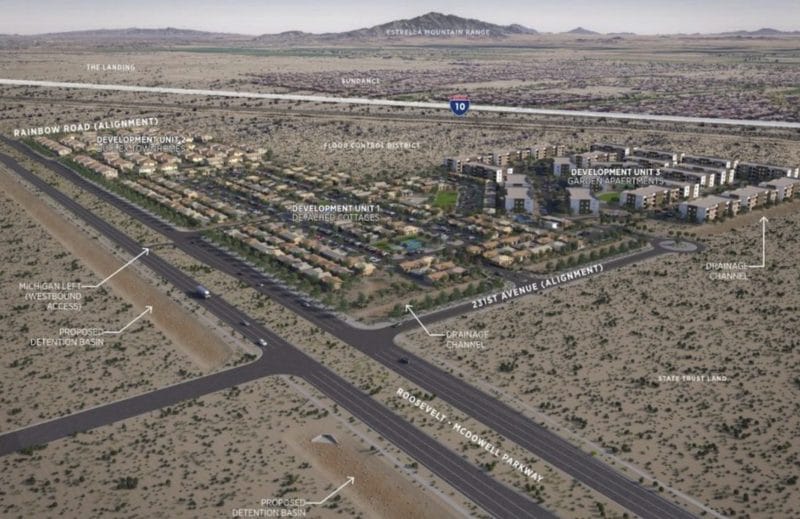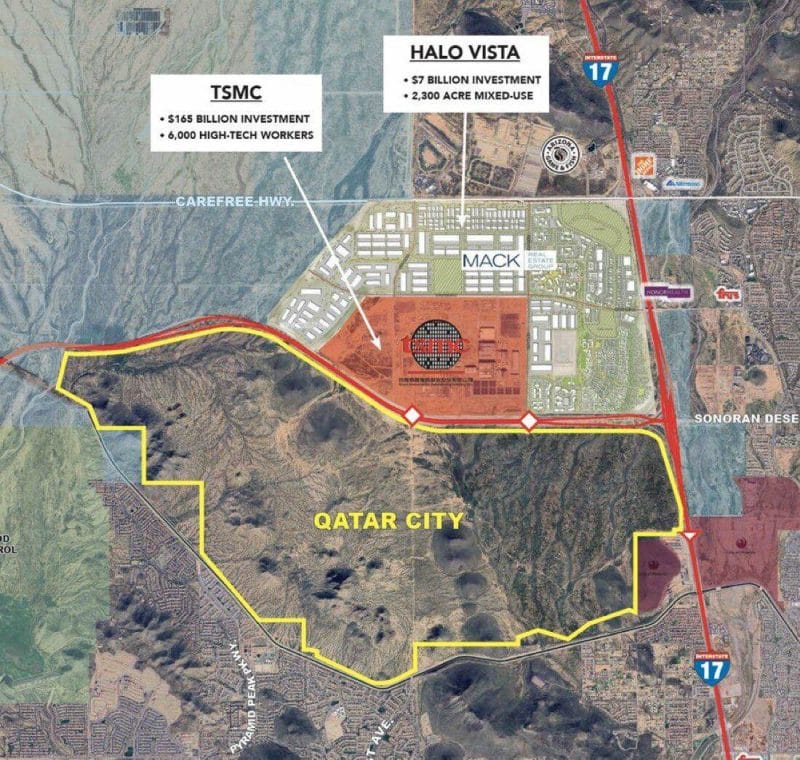 By David Gelles | The New York Times
By David Gelles | The New York Times
 UINCY, Mass. — At the edge of an industrial park in this suburb south of Boston, past a used-car auction lot and a defunct cheese factory, is an unmarked warehouse bristling with security cameras and bustling with activity. Until recently, the cinder-block structure was home to a wholesale florist, a granite cutter and a screen printer. Today, it is home to just one tenant: a medical marijuana operation called Ermont.
UINCY, Mass. — At the edge of an industrial park in this suburb south of Boston, past a used-car auction lot and a defunct cheese factory, is an unmarked warehouse bristling with security cameras and bustling with activity. Until recently, the cinder-block structure was home to a wholesale florist, a granite cutter and a screen printer. Today, it is home to just one tenant: a medical marijuana operation called Ermont.
Legalized marijuana has already upset societal norms, created a large legal gray area and generated a lucrative source of tax revenue. Now it is upending the real estate market, too.
In the more than two-dozen states that have moved to legalize pot, factories, warehouses and self-storage facilities are being repurposed for the cultivation and processing of potent marijuana plants and products. Suburban strip malls and Beaux-Arts buildings have been reimagined as storefronts selling pre-rolled joints and edibles.





